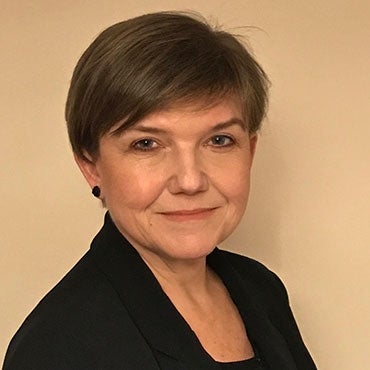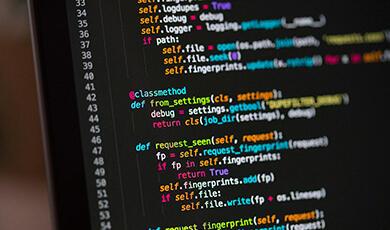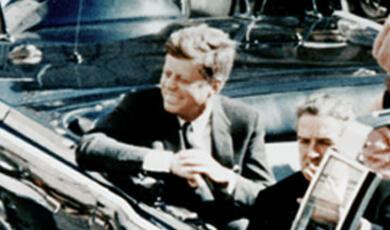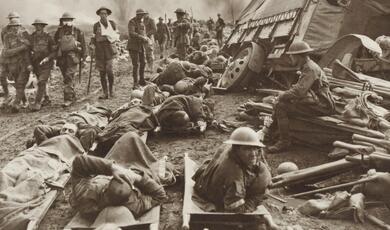How Are Drones Changing Warfare?
Share
- Details
- Text
- Audio
- Downloads
- Extra Reading
THE 2020 PETER NAILOR MEMORIAL LECTURE
Drones, or unmanned air systems, are changing the face of war in the 21st century, for combatants and civilians. We are used to a history of the RAF based on a narrative of the 'bravery of the few' with fighter pilot missions in the Battle of Britain seeing a mortality rate of 20% and a staggeringly higher rate for ‘the many’ of Bomber Command (over 50% of aircrew died on operations). But in the UK over the last fifteen years, an increasing number of air missions have been carried out remotely by drone.
The tasks these drones can carry out include targeted assassinations, bombings and intelligence-gathering, and the forces that deploy them claim to minimise the loss of life on both sides. These drones still have operators, who can be based thousands of miles away from the field of battle, but in future they may not need operators at all. What does operating drones mean for the mental health of the operators? What does it mean for the concept of bravery in battle? How does distance affect the chances of operations going wrong? What are the ethical challenges of unmanned warfare today? And how much harder will those challenges become in a future era of autonomous drones? Ultimately, how are the risks and realities of unmanned air power changing those that fight, those who command them, and those they target?
Download Text
This event was on Wed, 11 Nov 2020
Support Gresham
Gresham College has offered an outstanding education to the public free of charge for over 400 years. Today, Gresham College plays an important role in fostering a love of learning and a greater understanding of ourselves and the world around us. Your donation will help to widen our reach and to broaden our audience, allowing more people to benefit from a high-quality education from some of the brightest minds.


 Login
Login







